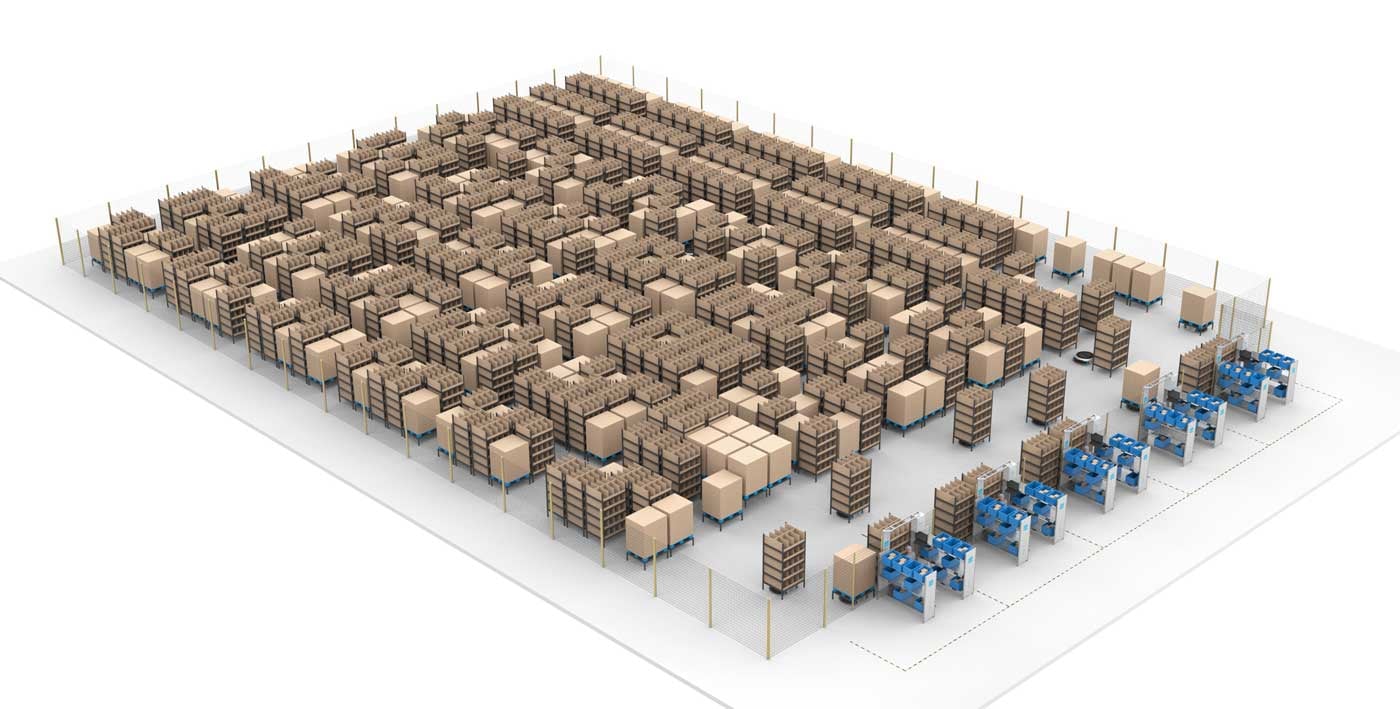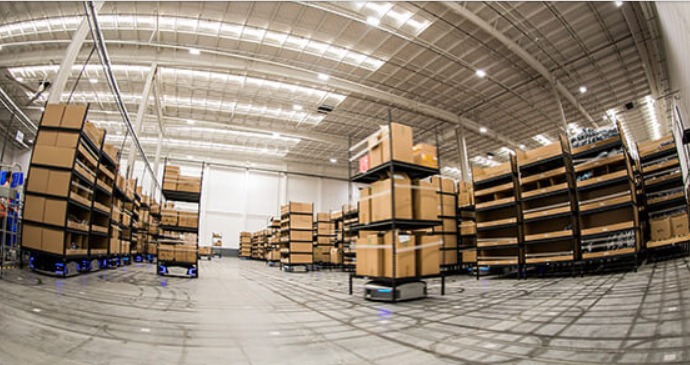How 5G Benefits Automation
The world is now on the brink of embracing the next generation of wireless connectivity – 5G. While 5G is widely talked about among the public in relation to faster mobile internet browsing speeds, did you know that the arrival of 5G also heralds a new era of efficiency in robotics automation? In this article, we share more about 5G and its benefits to manufacturing, automation and Industry 4.0 applications.
.png?width=1000&name=%E6%9C%AA%E5%91%BD%E5%90%8D%E8%A8%AD%E8%A8%88%20(12).png)
What is 5G and its benefits?
5G is the fifth generation of cellular networks, powering new capabilities that will create opportunities for individuals, society, and industry. 5G networks provide significantly higher data rates and bandwidth, allowing machines and consumers to experience next generation applications and content seamlessly.
- 1. Faster connections and transmission speeds
5G networks, associated with edge computing, will vastly reduce network-based delays. Predicted speeds of up to 10 Gbps represent up to a 100x increase compared to 4G. Through improvements in data transmission technologies, 5G will reduce device-to-cell tower delay to less than 1 millisecond.
- 2. Lower latency
Latency is the time that elapses between giving an order on a device and an occurring action. It is predicted that in 5G the latency will be ten times less than in 4G, allowing devices running on 5G to be able to perform remote actions in real time. This has the potential to improve operations like multiplayer mobile gaming, factory robots, self-driving cars and other tasks demanding quick responses which current 4G networks cannot sustain.
3. Greater number of connected devices
5G networks will have greater bandwidths, meaning that they can handle many more connected devices than networks like 4G or wifi. In the future, homes, factories and cities can have up to thousands of connected devices sending and receiving information in real time. 5G networks will provide the bandwidth needed to allow the flourishing of smart factories and smart cities.
What is the relevant impact of 5G to automation and manufacturing?
According to CNBC, 5G is accelerating factory automation that could add trillions to the global economy. How exactly will 5G achieve that?
- 1. A boost to smart factory connectivity
Smart factories rely heavily on connectivity. Machines and systems are constantly assembled into new lines and patterns to meet changing demand. Without fast and stable connections, industrial networks will not be able to receive or process data on the floor, and this information cannot be used for equipment reshuffling, monitoring or maintenance. Operators will not be able to see detect problems in real-time, and both SDN and automation-based architecture may not function properly.

With 5G networks, machines and robots connected to 5G will benefit from much faster end-to-end connectivity, and therefore, rapid changes to their workload or processes in real time will be possible.
- 2. A reliable network for critical robot applications
In automation processes, wifi may not be the most reliable network. Wifi has overlapping channels that can interfere and create noise. For example, when factory robots move around, they may cross into different wifi hotspots which may interfere with their connections – causing outages that can impede mission-critical operations. 5G, however, is not as sensitive to such disruptions and more able to provide safe and smooth handovers when robots move between cells.

- 3. A large bandwidth for huge volume of data transmission
5G allows greater optimization of network traffic and smooth handling of usage spikes. Smart factories require the synchronisation of agile operations and flexible production processes, and may demand the real-time utilization of industrial solutions such as automated warehouses, automated assembly, packing, product handling and autonomous carts.
.png?width=1000&name=%E6%9C%AA%E5%91%BD%E5%90%8D%E8%A8%AD%E8%A8%88%20(13).png)
With capacity for hundreds or thousands of devices seamlessly communicating, 5G allows for large scale data transmission and data analysis to enable complex operations to be completed quickly and accurately.
The advent of 5G networks offers businesses and manufacturers the chance to truly take advantage of technologies such as automation, artificial intelligence, augmented reality, and the Internet of Things. An exciting era ahead awaits as 5G increases rollout and application into a variety of sectors and use cases. The pace of change and technology is set to accelerate faster than ever.


.png?width=500&name=G2P%20(3).png)
.png?width=500&name=Pallet-to-Person%20Solution%20(1).png)
